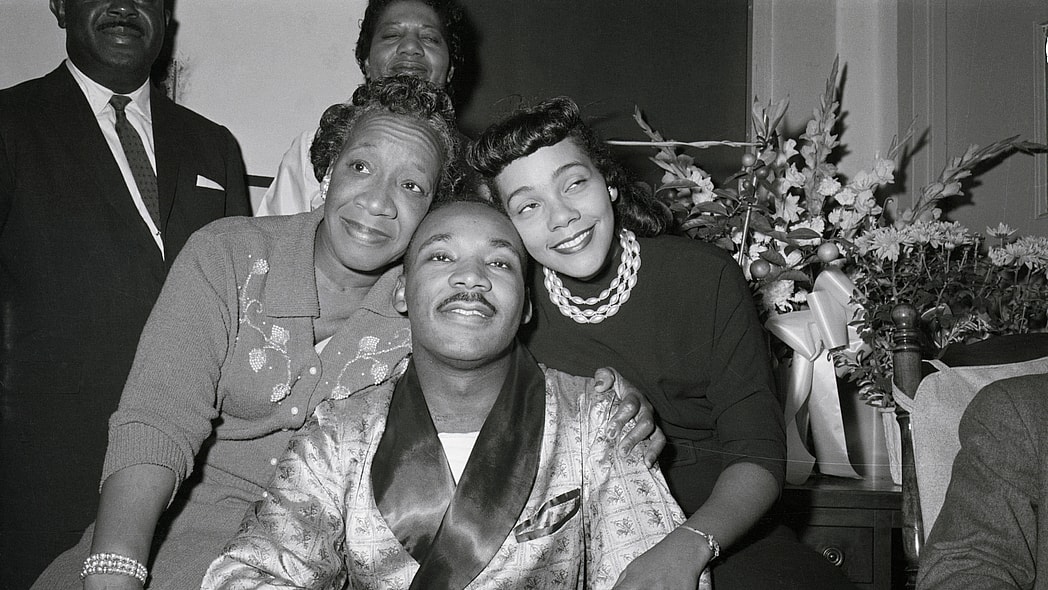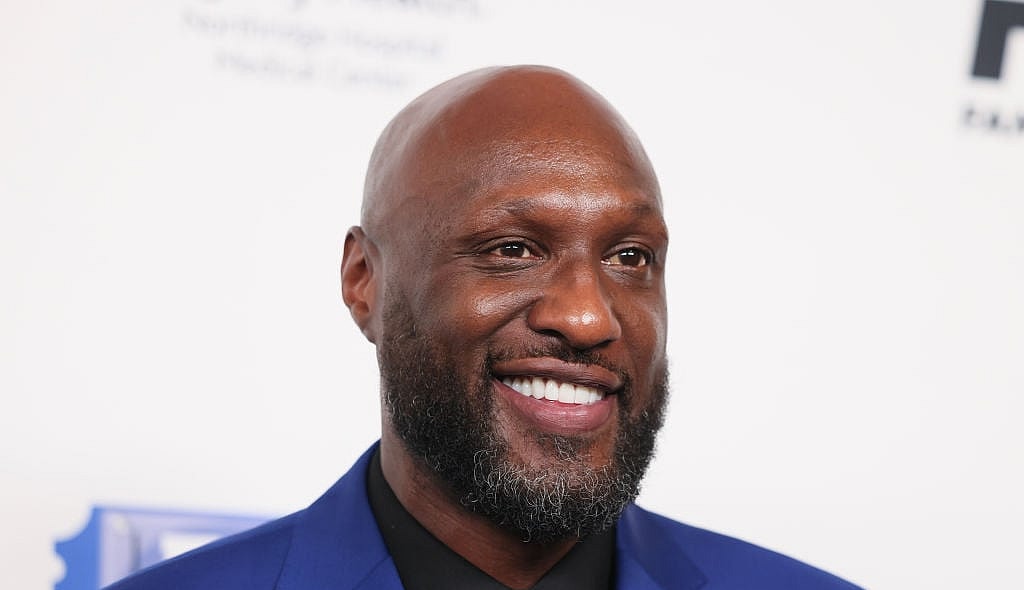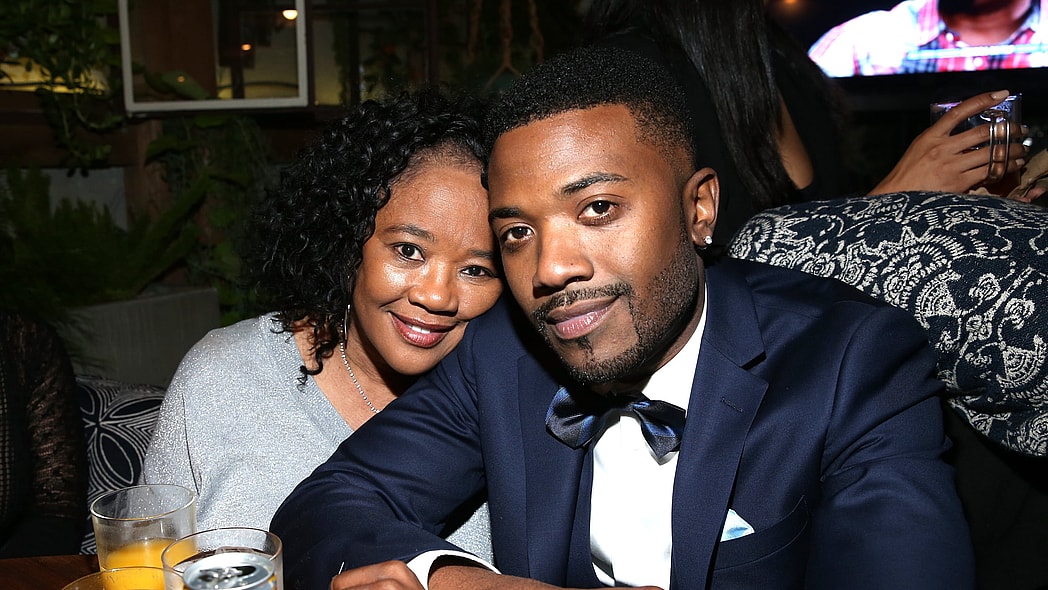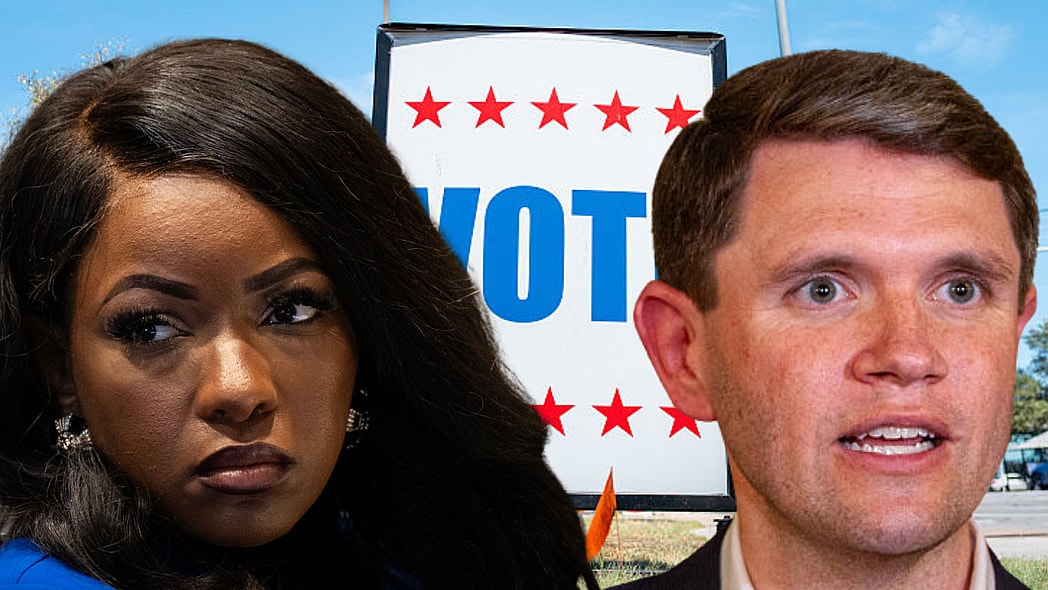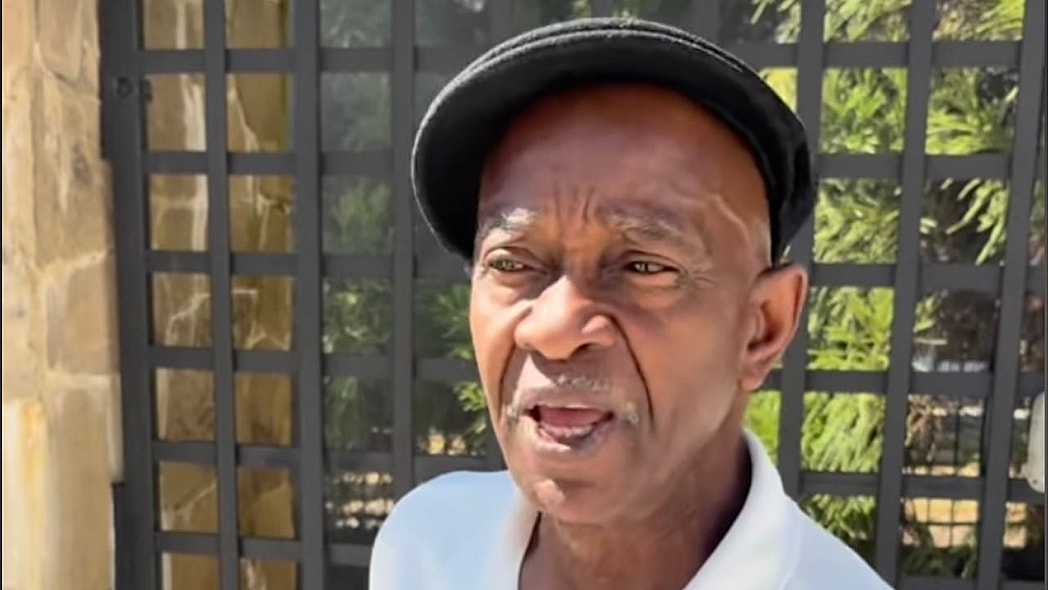Editor’s note: The following article is an op-ed, and the views expressed are the author’s own. Read more opinions on theGrio.
The world stopped when Dr. Martin Luther King, Jr. was assassinated on April 4, 1968, but few people know that his mother, Alberta King, was assassinated while she played the organ at Ebenezer Baptist Church in Atlanta just six years later on June 30, 1974 — 50 years ago this week.
MLK’s death, though tragic, was predictable. He had gotten death threats for years. He’d even been stabbed in the chest on September 20, 1958 by Izola Curry, a woman who was later diagnosed as a paranoid schizophrenic.
So, for Martin King Jr., death was a constant companion — the cost of living the life he lived and doing the work he did. His mother’s assassination was met with shock. She was a fighter for justice, yes, but not in a way that gets movies made about you, statues erected in your honor or streets in every Black neighborhood in America named after you.
She didn’t give many speeches. She was not known as a great organizer of rallies and there is not much evidence that she marched more than a few times in her life, but she participated in the fight for civil rights just as much as her famous son.
I am a professor of philosophy and the associate director of the Center for Africana Studies at Oklahoma State University, so in my work, I teach a great deal about the history and the complexity of MLK’s thinking about integration to students who only know the myth of MLK but are not acquainted with much more than what CNN tells them. My students often think that the Civil Rights Movement was constant marches and speechifying, but those rousing moments are but crescendos to months of planning. Men like MLK and Ralph Abernathy would show up and give speeches, yes, but it was folks like Alberta King who did the leg work to make it happen. They licked the stamps to send out mailers. They made the food to fuel the protests. They made sure that there was enough water to sustain the marchers on those long, hot summer days. And they made sure that the sound system worked properly. (No small thing, considering the importance of what was being said.)
This was the reality of the Civil Rights Movement. Yes, there were speeches. Yes, there were extraordinary moments. But most of the time was spent doing mundane tasks that most others did not want to do. And those tasks were done by people like Alberta King.
So why was she assassinated? She was an unsung hero of the movement. What made her a target?
This is where I may anger some folks. Because Alberta King was killed by a Black man. Not only that, the man who killed her, Marcus Wayne Chenault Jr., was a follower of Hananiah E. Israel, a Black Hebrew Israelite preacher.
It’s important to understand the context.
At the time, Black Hebrew Israelites were not as well known nor as mainstream as they are now. In 2024, on any given Saturday morning, you can see members of Israel United in Christ (oftentimes adorned in their distinct purple and gold) standing on street corners in Black neighborhoods spreading their message. But there are other, more discreet, organizations like the Church of the Living God, the Pillar Ground of Truth for All Nations or the Church of God and Saints of Christ, who are also Black Hebrew Israelites, but not as confrontational.
So, when Alberta King was killed and information came out that the person who did it was affiliated with a Black Hebrew Israelite preacher, there was a great deal of confusion. People could not believe that anyone would target Dr. King’s mother, so assumptions were made about Black Hebrew Israelites, painting them all with a broad brush. However, it was not the ideology held by Black Israelites that led to Alberta’s death. It was something far more common … and deeply insidious.
Recommended Stories
In “I Gave Marcus The Key,” an article published in the Dayton Daily News on July 3, 1974, Hananiah Israel discussed how he taught Chenault that Black religious leaders were “liars” who rob their followers of “millions of dollars” and were leading Black folks “to their doom.” Yet, despite having said all that, Israel insisted that he did not advocate violence.
And this gets us to the heart of the matter.
Black Israelites are known for their fiery rhetoric. I’ve listened to many speeches by them over the years, and every time I walk away impressed by their ability to inspire a reaction from the listeners and horrified by some of the things they’ve said. I am sympathetic to any call for Black unity, but that call need not be wrapped in attacks on Black ministers and Black churches. One speaker in Dallas even went so far as to call Dr. Frederick Douglass Haynes III, the pastor of Friendship-West Baptist Church, a coon.
After thinking about the rhetorical tacit of many Black Israelite speakers I have heard over the years and looking at what happened to Alberta King, a clearer picture began to emerge. Marcus Chenault must have been a 23-year-old impressionable young man who fell under the influence of a charismatic Black Israelite and took what the speaker meant as a metaphor as a call to action. Chenault was going to try to kill Jesse Jackson in Chicago but canceled that plan at the last minute. Instead, he chose to go after Martin Luther King’s Jr. father but decided on Alberta because she was an easier target.
Chenault’s story shows us the dangers of religious rhetoric.
Hananiah Israel said that he “did not preach a message of violence,” but words once put out into the world, cannot be taken back. Chenault interpreted the words of his teacher as a call to arms and death was the result. Not only did he kill Dr. King’s mother, but he also killed a deacon, Edward Boykin, and injured a retired school teacher named Jimmie Mitchell, a member of the church.
Though many blamed the Black Israelites for Alberta King’s death, I do not. As I’ve said, I have heard many incendiary sermons come from the lips of Black Israelite preachers. And though some have gone too far in their criticism of Black ministers, none have ever gone as far as Chenault’s teacher — predicting the doom of Black folks because of the Civil Rights Movement. It is important that we not use a broad brush and paint an entire faith as responsible for murder. While what led to the death of Mrs. King is reckless language, Hananiah Israel was not the first faith leader who used religious rhetoric carelessly. And he certainly is not the last.
This incident shows us that religious leaders must not use words and ideas recklessly. Yet, there is a form of Christianity that has taken this kind of talking and turned it into an art form: Christian nationalism. This is the belief that America is defined by Christianity and that the government should take active steps to keep it that way.
Christian nationalism influences those who adhere to the QAnon movement, and it was the brand of Christianity followed by many who laid siege to the Capitol on Jan. 6. While I do not know what Donald Trump believes in his heart — he is illusive intellectually (to put it kindly) — but he has found many allies among Christian nationalists. Preachers who advocate for this approach to Christianity, are known for their divisive, apocalyptic and homophobic sermons.
The same approach to rhetoric that resulted in the death of Alberta King is fueling Christian nationalism. To put it bluntly, it is fueling those who support Donald Trump. If we want to combat Trump in 2024, it is important that we remember what happened on June 30, 1974 … and learn from it.

Lawrence Ware is a teaching assistant professor of philosophy at Oklahoma State University and co-director of the Center for Africana Studies.

